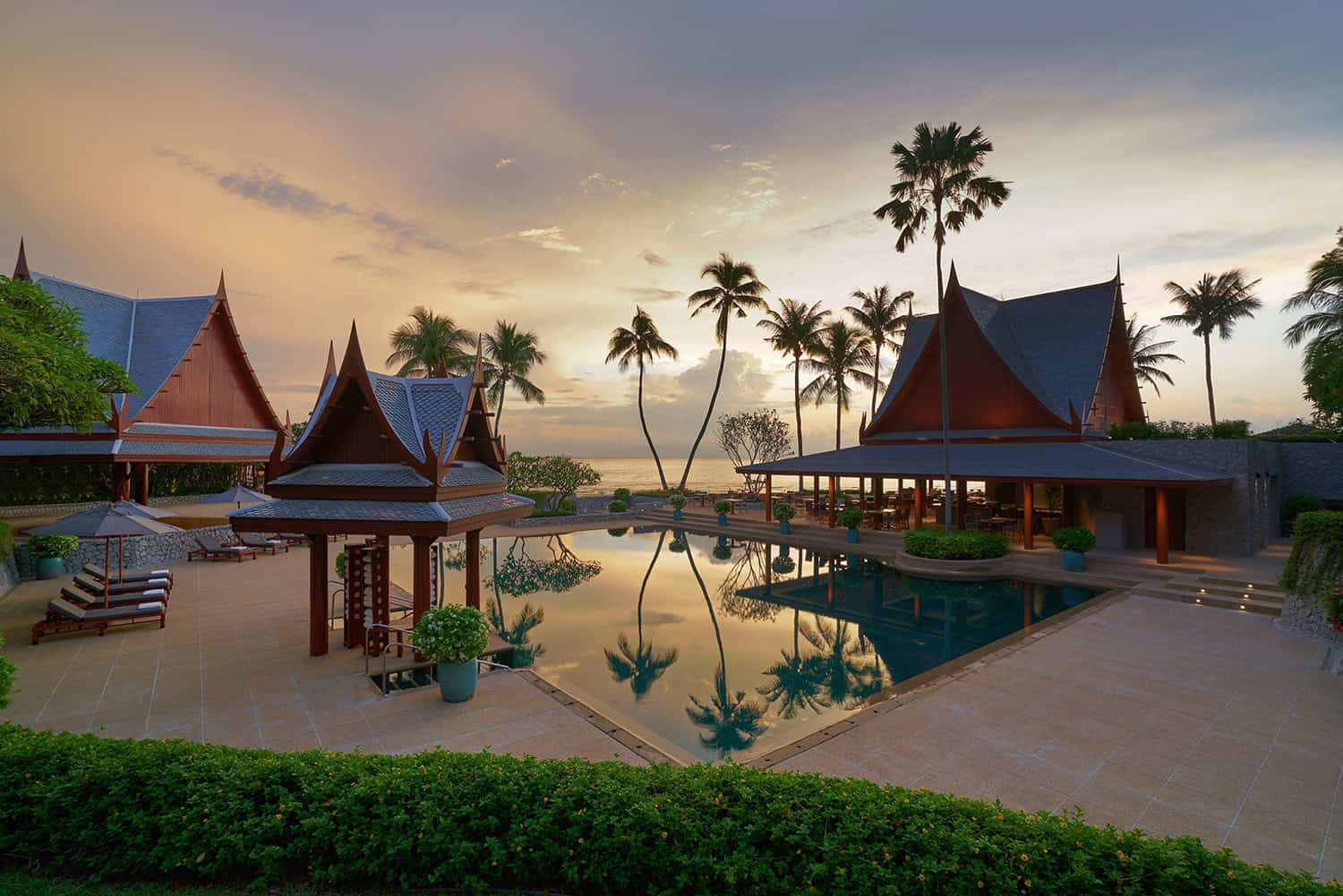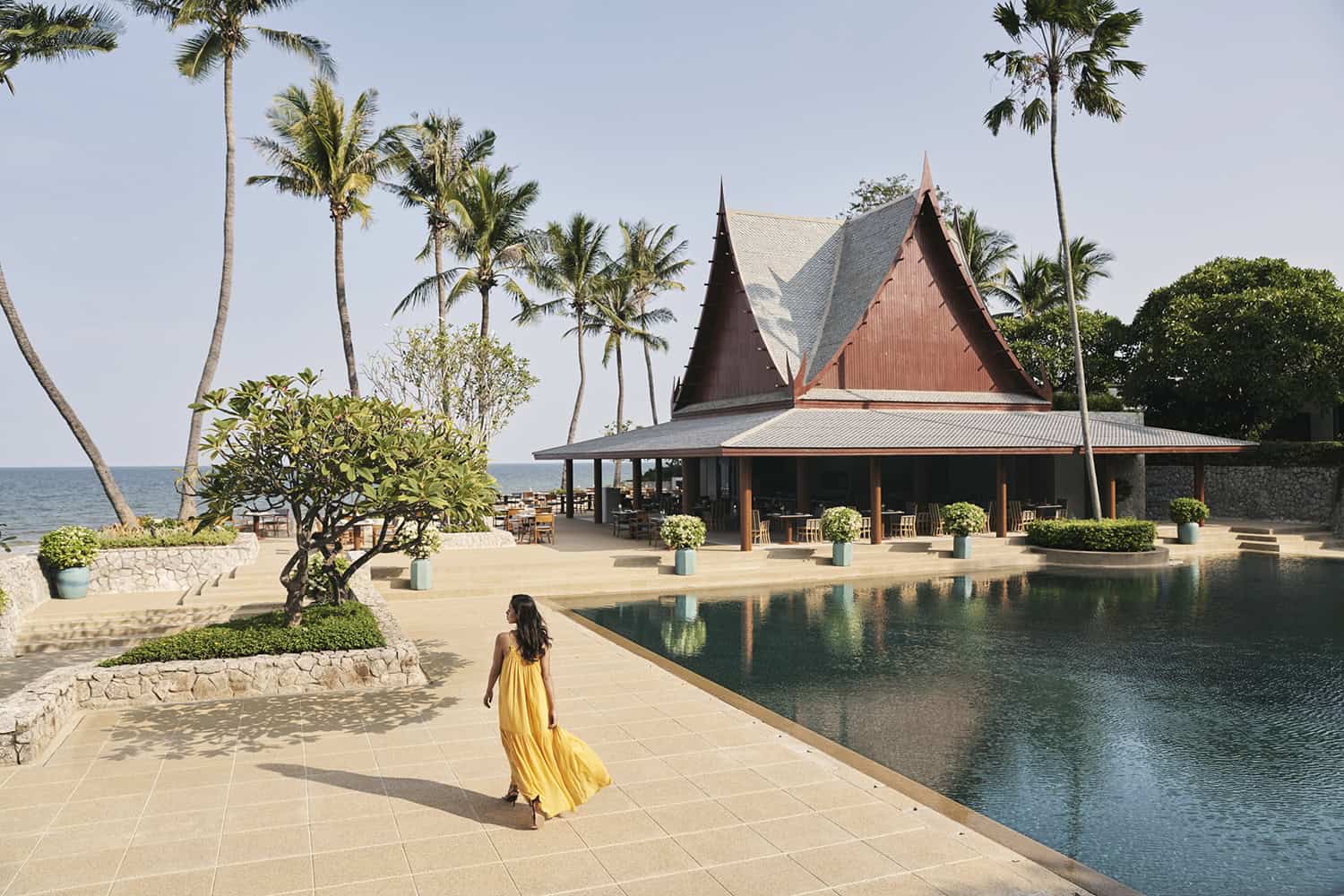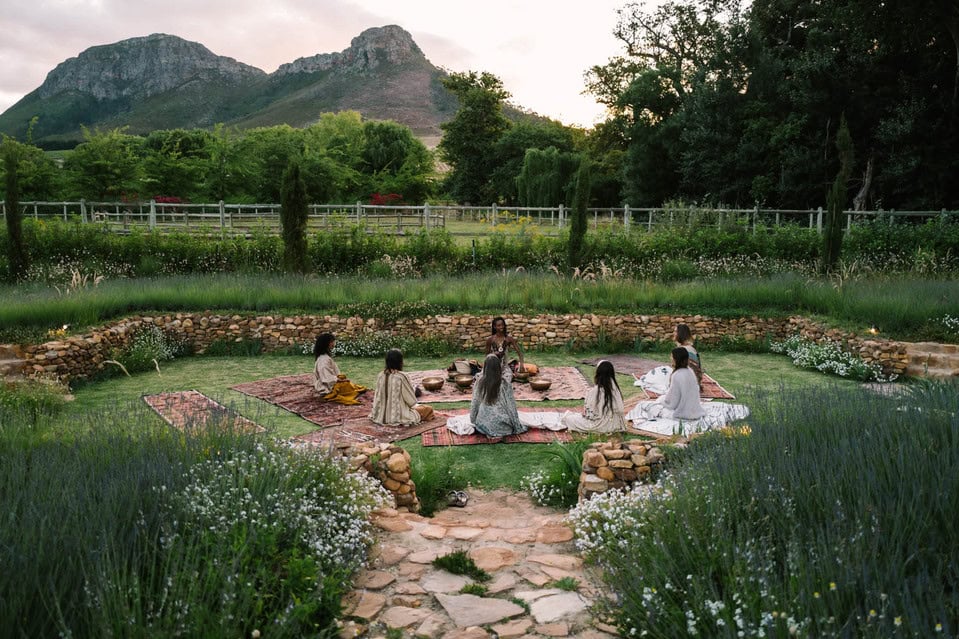Co-founder of the Global Wellness Summit, Chairman and CEO of the nonprofit Global Wellness Institute, and a leader in its various projects from pioneering research to international roundtables to the creation of the Wellness Evidence database— Susie Ellis is undisputedly one of the most influential women in the world of wellness, and a trailblazer of trends, research and business. Compare Retreats spoke with Ellis ahead of the 13th annual Global Wellness Summit to learn more about the origins of the Summit, and what wellness trends we can look out for in 2020.
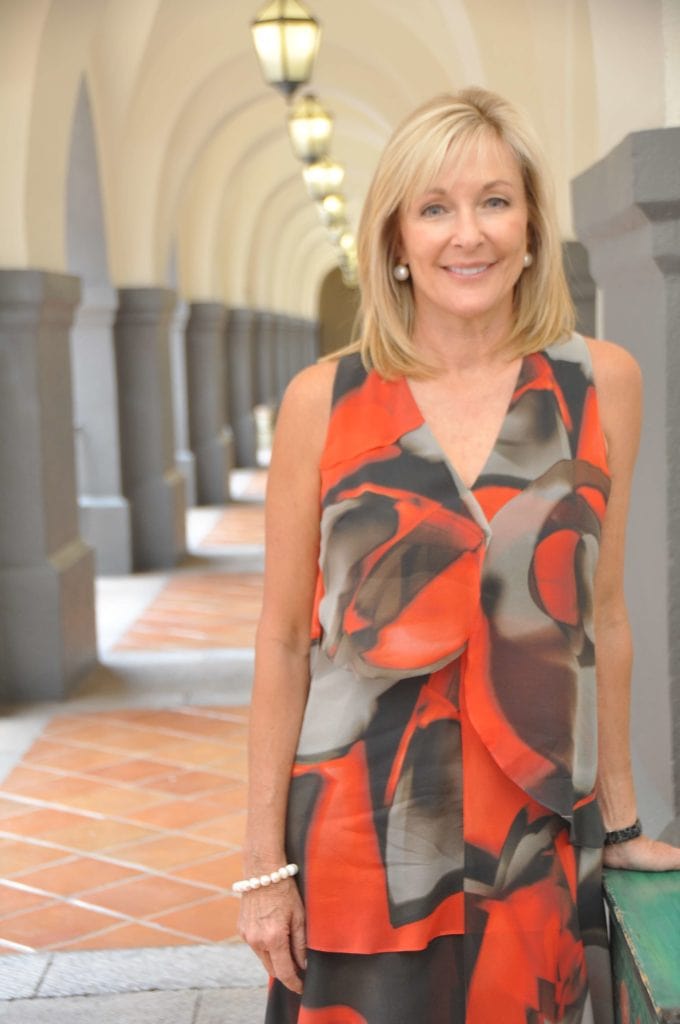
Have you always been interested in health wellness? My parents were gymnasts and advocated for being outdoors as much as possible so I was raised in a healthy environment. In high school, we were asked to do a research study and I selected the topic of ‘children and obesity’. I suppose that was my first ‘wellness’ project, although the term wellness was not being used back then. I was in a gymnastics circus in college and my first job was at a local spa; my next job was working at the famous Golden Door in southern California, which launched my entire career in the wellness space.
Can you tell us the story of how you built the Global Wellness Summit? The idea came into being around 2005, after a spa conference in Singapore. A group of 10 of us were lamenting post-conference that there was no truly global event at the time—just gatherings by continents. The idea for a global conference was born. My husband and I had attended several World Economic Forums in Davos, and we modelled the Summit after this format: a “think tank” rather than a trade show. All 10 of us decided to move forward: my husband and I contributed the funding and the rest joined us as advisory board members.
“The wellness movement has inspired many of the 7.7 billion people in the world to participate in their own health. That’s quite an accomplishment.”
Susie Ellis, co-founder, chairman and CEO of the Global Wellness Summit
What did the first Global Wellness Summit event look like? The first Global Spa Summit (which it was called in the early years) took place in 2007 in New York. The theme was “Joining Together. Shaping the Future.” It was clearly an idea whose time had come. The New York Summit was a huge success, and a conference has been held annually since. I think our success had a lot to do with a commitment to being global (the Summit moves to a different country every year), a focus on collaboration versus competition, our continual look to the future in terms of innovations and trends, and a dedication to integrity and research. Now the Summit attracts delegates from over 50 countries and it is recognised as the leading conference on the business of wellness.
How has it grown, and what have been some of the highlight moments for you? Each Summit has had unique highlights, from the exceptional keynotes to the important research contributed to the world. One standout speaker was His Holiness Dalai Lama who gave a keynote address at the Summit in India. Plus, the Global Wellness Institute’s landmark research has defined the global spa industry, the global wellness economy, wellness tourism and wellness real estate. We’re very excited about this year’s report on the global physical activity sector.
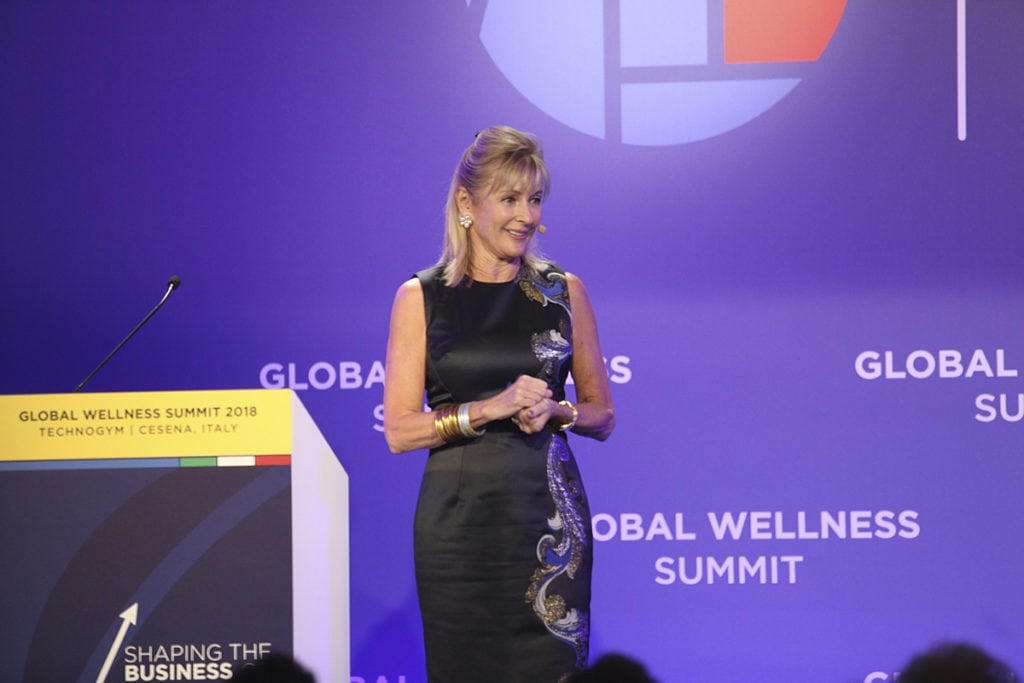
What, to date, is the most important thing you’ve seen come out of the Global Wellness Summit? The most important thing that I have seen come out of the Global Wellness Summit (GWS) is that we have helped create a wellness movement that is now being acknowledged and embraced around the world. Before the first Summit, the term ‘wellness’ was hardly used. Thanks to the research and the many gatherings and discussions we have hosted over the years, wellness has become the popular term that it is today. The Global Wellness Summit has helped trumpet the importance of wellness so that today everyone—even the medical community—is interested in participating.
There are health problems all over the world and before the wellness movement gained momentum, it was mostly the medical world and governments working to improve the quality and quantity of people’s lives. The wellness movement has inspired many of the 7.7 billion people in the world to participate in their own health. That’s quite an accomplishment.
What can the wellness industry do to support eco-initiatives and be more sustainable in the long term? First, education, education and more education. The wellness industry can help people understand that their personal wellness is inseparable from the health and wellness of our planet: if we breathe dirty air and live in toxic environments, we cannot be healthy. Next, we can set an example by offering sustainable options to our clients and by supporting eco-initiatives that improve the health of the world. I applaud hotel chains like Hyatt, which is committed to environmental stewardship by focusing on energy, waste and water reduction, sustainable building and stakeholder engagement. My feeling is that going forward wellness will increasingly be related to wellness of people and our planet.
“The wellness concept is transforming almost every aspect of travel and wellness tourism and will only grow faster in years ahead. Wellness lies at the powerful intersection of two massive, booming industries: the $2.6 trillion tourism industry and the $4.2 trillion wellness market, making travel associated with the pursuit of maintaining or enhancing one’s personal wellbeing a top trend for years to come.”
Susie Ellis, co-founder, chairman and CEO of the Global Wellness Summit
Mental health is becoming much more important in the wellness world and it has been a major trend for the last two years. How have you seen this change, and what work still needs to be done to improve our understanding, awareness and the stigma of mental health? We are seeing many more open discussions about things like depression and anxiety, and even suicide. While the mental health field addresses solutions that often include therapy and medication, the wellness world also has a lot of tools to help in the mental arena, such as exercise, healthy nutrition, stress reduction, yoga, meditation and such. I think mental wellness is going to explode because it focuses on things that people can do to help themselves. It doesn’t take the place of professional medical help, but it can sometimes help prevent some of the problems we are seeing. Many natural healthy habits can be very helpful tools in addition to medical interventions.
When dealing with people’s health and wellbeing, it’s vital that therapies have proven evidence—which is why your Wellness Evidence project is so important. Can you tell us a bit about this project and its impact on how proven alternative therapies are integrated into healthcare? As the term ‘wellness’ became more popular, we realised people needed an easy-to-use way to find the medical evidence that supported so many of the modalities. In addition, it was important for people to be able to find modalities that were not supported by a lot of medical evidence. GWI’s Wellness Evidence was the first portal designed to help consumers easily find medical evidence for thousands of authoritative studies that evaluate the benefits of wellness modalities, such as acupuncture, meditation, massage or yoga. Wellness Evidence gives individuals direct access to four of the most respected evidence-based medicine databases.
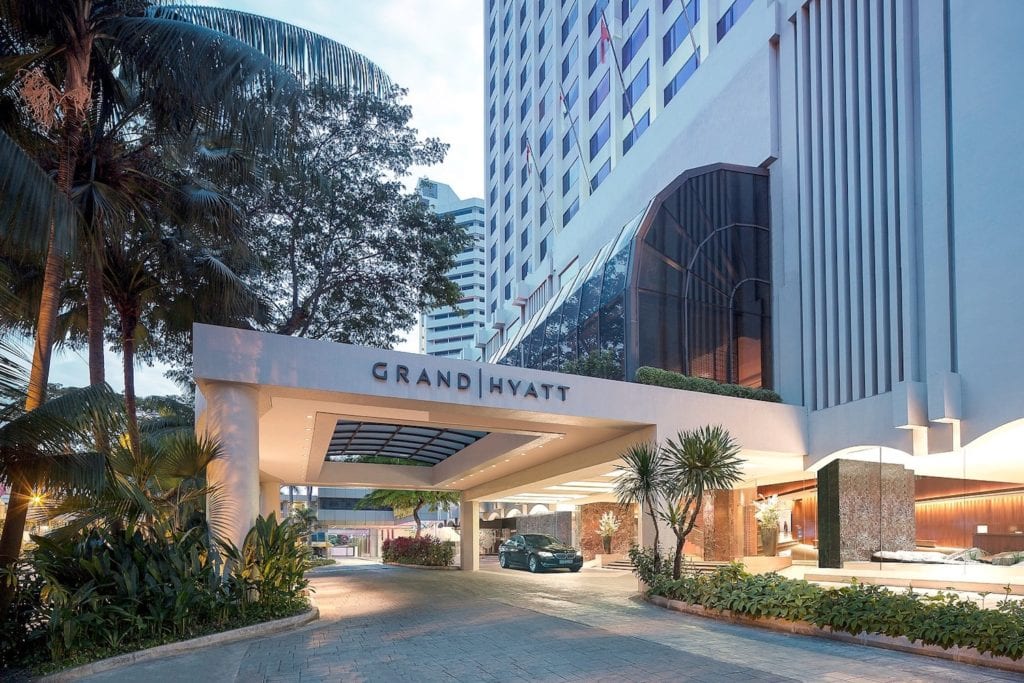
Which destination would you say is the most wellness-forward and why? I think the Scandinavian countries can be praised for what they have accomplished in terms of health and wellbeing. They rate very high on most of the wellbeing scales, which has to do with their health care system, the activity of their citizens, social equality, and other factors that have contributed to people being quite healthy and happy. Most of the scales include aspects of wellness, including: GDP per capita; social support; healthy life expectancy; freedom to make life choices; generosity; and perception of corruption.
What are the most transformational retreats you’ve been to? For me the most transformational retreats are ones where I have stayed longer—a week or more is best. In addition to being located in beautiful surroundings, ideally in nature, and offering comfortable accommodations, nutrition is especially important. I also find it very helpful if the retreat does not create temptation by serving overly large portions of foods that aren’t nutritious. Having outstanding practitioners and a caring staff is also a huge plus. On the top of my list of favorite transformational retreats are Vana in India, Schloss Elmau in Germany and the Golden Door in Southern California.
“The wellness industry can help people understand that their personal wellness is inseparable from the health and wellness of our planet: if we breathe dirty air and live in toxic environments, we cannot be healthy.”
Susie Ellis, co-founder, chairman and CEO of the Global Wellness Summit
What are your personal, daily wellness habits? I am committed to movement daily and that includes either an hour’s walk near the water where I live, or an hour in the gym. That time is usually divided between 10 minutes of stretching, 15 minutes of weights and 35 minutes of cardio. On Sundays my husband and I ride bikes to the South Beach in Miami, which is a long and beautiful ride. I recently took up Transcendental Meditation and while I started out doing it twice a day for 20 minutes each, in all honesty I am more of a once-a-day person. I have also learned to turn off my devices and do some relaxing things before bed, and I don’t look at my email in the morning before I have had a warm glass of water, exercised and done my meditation. I’m not eating a lot of meat these days and trying to have chicken or fish at lunch, rather than in the evening. I do love to have a glass of wine or a margarita now and then, and sweets aren’t off the table for me. Happiness is part of wellbeing and so I don’t deprive myself of some of the enjoyable parts of life when it comes to dining with friends.
What are your top future wellness travel trend predictions for 2020?As noted in the Global Wellness Institute’s 2018 Global Wellness Tourism Economy report, the wellness concept is transforming almost every aspect of travel and wellness tourism and will only grow faster in years ahead. Wellness lies at the powerful intersection of two massive, booming industries: the $2.6 trillion tourism industry and the $4.2 trillion wellness market, making travel associated with the pursuit of maintaining or enhancing one’s personal wellbeing a top trend for years to come. Some trends that I will be sharing at the Summit include the Circadian Hotel, Slow Wellness Travel, the Urban Wellness Resort, Switching on Belief, Forest Everything, Deepest Nature, the Future is Female, Longevity is Becoming Cool and the Wellness Sabbatical.

